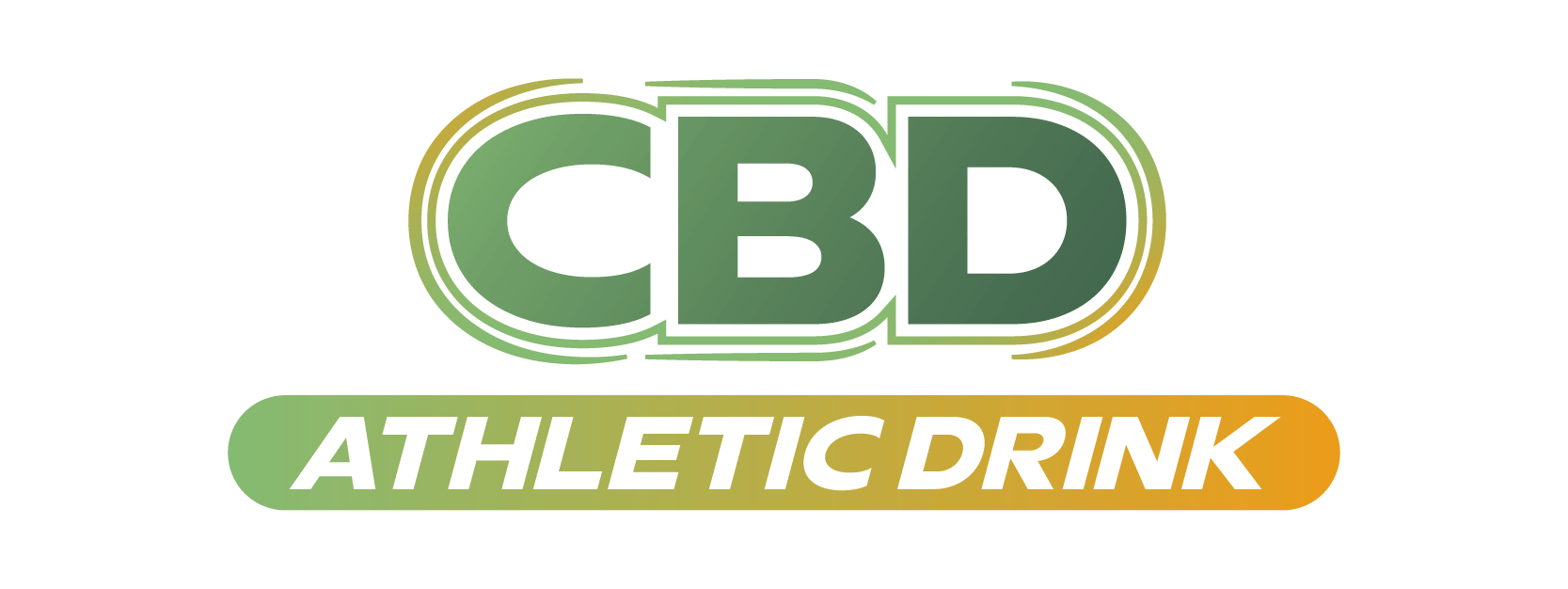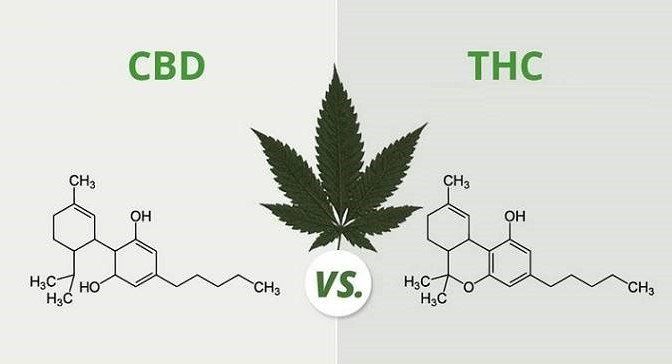Every athlete faces inflammation. It’s the body’s built-in signal that recovery is underway. But when the process runs wild, it leads to soreness, swelling, and fatigue that can sideline performance. In the search for safer, more natural recovery aids, cannabidiol (CBD) has entered the scientific spotlight. Studies increasingly point to CBD’s ability to regulate inflammation—not by masking pain, but by addressing its biological roots.
Inflammation: The Body’s Balancing Act
Exercise-induced inflammation begins when microtears in muscle fibers trigger the release of signaling molecules like cytokines. These messengers summon immune cells to repair tissue, but if the system stays on high alert too long, the recovery window widens. The key isn’t to eliminate inflammation but to restore balance—an area where CBD’s interaction with the endocannabinoid system (ECS) shows promise.
CBD influences CB1 and CB2 receptors, which are part of the ECS network responsible for maintaining homeostasis. It also interacts with transient receptor potential (TRPV1) channels and adenosine receptors—both important in pain and inflammation regulation. The result, according to early evidence, is a dampening of excessive immune responses while preserving the body’s natural healing rhythm.
What Research Reveals
In 2020, researchers writing in Frontiers in Pharmacology reviewed data from animal and human trials, finding that CBD could lower pro-inflammatory cytokine activity and increase anti-inflammatory signaling. These effects appeared to reduce swelling and discomfort in models of muscle damage and arthritis. A year later, a study in the Journal of Sports Medicine and Physical Fitness observed improved recovery perception among athletes supplementing with CBD post-training, though the authors called for larger human studies.
Another 2019 review in Antioxidants highlighted CBD’s ability to neutralize oxidative stress—a common factor in exercise-related inflammation. By countering free radicals and reducing cell damage, CBD may help athletes recover faster and sustain performance levels across longer training cycles.
The Role of Recovery and Sleep
Inflammation isn’t only a daytime issue. The body’s repair mechanisms rely heavily on sleep to rebuild tissue and regulate immune signaling. A 2023 randomized controlled trial in Nutrients found that CBD supplementation improved sleep quality and lowered levels of C-reactive protein (CRP), an inflammation marker elevated after intense workouts. Researchers suggest CBD’s calming influence on the nervous system may indirectly reduce inflammation by promoting deeper, restorative rest.
Science Meets the Locker Room
While research continues to expand, CBD has already found a place in athletic recovery routines — from topical creams for targeted relief to oral tinctures supporting systemic balance. The World Anti-Doping Agency (WADA) cleared CBD for use in 2018, removing it from its list of banned substances. However, athletes must remain mindful of THC contamination, as trace amounts could violate competition policies.
Where the Data Points Next
CBD’s anti-inflammatory promise in sports medicine is compelling, but science is still catching up with real-world enthusiasm. The future lies in controlled human studies exploring dosage, bioavailability, and long-term effects. For now, athletes are embracing CBD not as a miracle molecule, but as a modern recovery ally — one that complements hydration, nutrition, and rest with an added layer of biological intelligence. Inflammation may be part of the game, but with CBD, athletes are learning how to play smarter, not harder.

